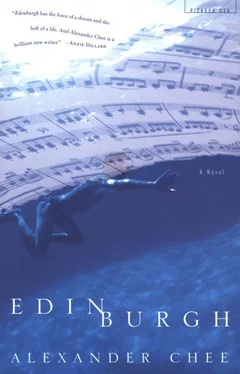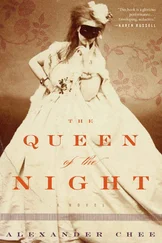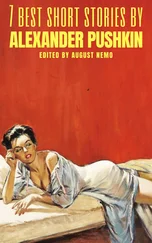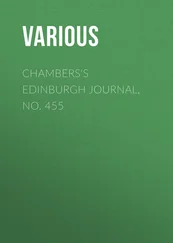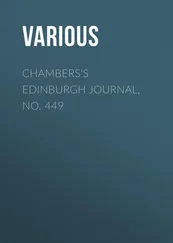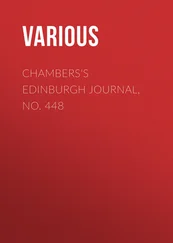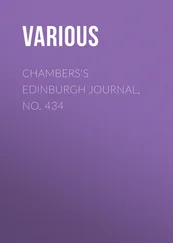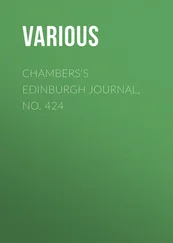What is, I say.
Beauty like that. In a man. Women always resent a beautiful man. Her eyes take me in, even as she bounces one of the twins on her leg. Don’t tell me you don’t know that.
How would I know that, I say. I don’t know anything.
What a lie, she says. Terrible of you. Boys are different, they don’t… and here she turns back to Bridey. I suppose, she adds, I shouldn’t talk to you this way.
You can, I say.
Everyone expects a boy to be beautiful. It’s allowed. A man has so much else to do. You don’t trust a beautiful man. It’s like he’s still a boy, somehow, in the important way.
You don’t trust boys then, I say.
Not for what women need from a man, she says, and she frowns here. I don’t.
Bridey swims across the middle distance, lane 4, still churning. He doesn’t care what we have to say about him, he doesn’t seem to care that we are here. It’s fine, it’s how it should be. Except preposterously I find myself cheered by Mrs. White’s assessment. I have a chance.
Do you know who that is, she asks me.
I don’t, I say.
He’s the partner of the new swim coach. I’m surprised you haven’t seen more of him.
Mr. Zhe’s not very social, I say, feeling a bird in my throat. As if it could peek out, as I open my mouth, to talk to Mrs. White. Its shiny eyes behind my teeth. The rumor, I add, and here the bird goes away, is that he’s the father of the art teacher’s baby.
Her pretty eyes get a little small, and she laughs in a pip. Oh my, she says. Children. He’s not, she says, and here she looks over to Mr. White, who is swimming lazily through the water in lane 2. He can’t father a child, I shouldn’t think. You understand, she says.
I think of my new friend, the hot-line operator. Yes, I say. I do.
And the subject shuts like a book. Bridey slides out of the water, sleek, walks around the edge of the pool. Mrs. White, he says. How charming you are there, with your children. She smiles at him, youthful. Women don’t hate beautiful men, I see as I watch her. They may envy them, but that isn’t hate. Hate is love on fire, set out to burn like a flare on the side of the road. It says, stop here. Something terrible has happened. Envy is like, the skin you’re in burns. And the salve is someone else’s skin.
Aphias. Bridey says, I know Fee is planning something for Labor Day, but I don’t know what. Probably a garden party with a tent. He pushes his hair back behind his ears. Hi, he says. I’m Albright Forrester. He holds his hand out. I shake it.
Hate. Envy. Hello, I say. No bird in the throat now. I am the bird, now. A raven? A sparrow. I say, I’m Edward. Edward Gorendt. He lets my hand drop and hitches at his suit.
Nice to meet you, he says. You’re on the swim team, I suppose.
I am, I say. Mrs. White’s gaze on me feels like a sunbeam, warm and from far away.
And all the day afterward fills with hours where the air evanesces like it will open and Mr. Zhe emerge from the sparkly hard center, a flightless angel slipping from God’s portal. Fee, Bridey had said. Fee.
Of course, years later, I will know, the bird in my throat was a crow.
I go through the days left before school like they are rooms along a corridor where I stop in, look around, to see if he is there, and leave after waiting. I walk the days with his name lying on my tongue, like a swallow of water that I can’t take down my throat. Bridey continues to come to the pool, on occasion. I do not go into the locker room while he is in there. Sometimes Mrs. White is there also, smiling, her twins on each of her knees.
18
The roses along the wall of the library disappear pretty regularly and soon it is discovered the problem is a Japanese beetle infestation, the roses being eaten the same day they open. In the morning, a flower. In the evening, not a petal.
So one evening on my way back from the pool I find Mr. Zhe standing in front of the rosebush, with what looks like a yellow Santa hat in his hand.
What’s that, I say.
Japanese beetle trap, he says. It’s got a synthetic hormone in it that attracts them, and then they go in here, get poisoned, and die.
They think they’re finding a mate, and instead, they die, I say.
I pluck at the yellow fabric. Huh.
He smiles at me. Doesn’t seem fair, does it.
Summer lasts forever, I say.
It won’t, he says. It only seems that way in August. He rubs a stem in his fingers. Pretty healthy, he says. You miss your friends, though, huh?
Yep, I say, though I hadn’t thought of it that way. I didn’t really know most of the students in this summer term. Didn’t want to. Mr. Zhe looks at me for a long minute. All I know is that all summer I’ve wanted to run into him, and now that I have, my stomach feels like it is kneeling on my guts, like I could burst into tears right here. I want to say, touch me. Please. And it seems for a moment that he’s going to put his hand on my shoulder.
You’ll be fine, he says. It’s really just two more weeks. I hear you have some stuff you’re dealing with, though, and if you need to talk about it, you can talk to me about it.
Rose-breath around us, faint. The dusk like a mist of the night, as if night evaporated at dawn, to collect and then rain down again, to make night again.
Were he to put his hand on me, I would be revealed as nothing more than a newspaper, erect. A screen on which is projected the image of a boy. How could he love me? There’s nothing to me except a place where the light resists moving forward. Okay, I say, instead. I will.
Do you have a number for me at home, he says.
I don’t, I say.
Here, he says, and writes it out on a slip from his pocket. Later, at my dorm, I lie on my bed looking at the number. It was a receipt he wrote on. $10.00, Japanese beetle, trap and bait. Augusta Hardware.
19
Around this time is when I start to throw up for what at first seems like surprising or unlikely reasons. At first, on the day in question, a day I spend in a sea kayak with Tom, I think that it is seasickness, even though I’ve never had travel sickness of any kind.
We are in Bar Harbor, today, sea kayaking. Tom has developed, since the stone-house episode, into something of a junior geologist. The sea kayak was a birthday present for him, and we’ve been practicing in it a few times a week. September is on us now up here, and we feel, as our paddles pluck at the waves, the chill wind off the sea, the cold front coming up just after the warm morning. We are out in the water off Burnt Porcupine Island, a tiny drop of stone spiny with spruce pines, and Tom navigates us to the edge of the shore through the bright-colored sea kayaks of the tours passing by, with their friendly instructors announcing loudly to speed up or slow down. We let them pass. We idle in the water in front of an enormous egg-shaped granite boulder, sitting, without a friend, among shattered sandstone and silt-stone at the top of a short stone beach.
Glacial erratics is when a boulder or rock of a very different era or climate is carried for great distances by a glacier and set down far away, where it remains, Tom says. And so it looks out of place. He indicates the near shore. I look.
The glacial erratic.
It looks very out of place, I say,
I try to imagine the area, covered in an ice blanket thirty stories tall and as long as the coast, shaving down the mountains, pushing the rocks into each other, like when the guys at the ice cream shop pound the toppings into the ice cream. Glaciers, carrying these boulders along on their underside like the pebbles that stick to my feet when I walk the beach. Thus preoccupied, we don’t notice, behind us, the Cat.
The Cat is a jet-propelled catamaran-style ferry built in Transylvania that can make the Bar Harbor — Nova Scotia passage in two and a half hours, half the time of the boat it replaced. The
Читать дальше
